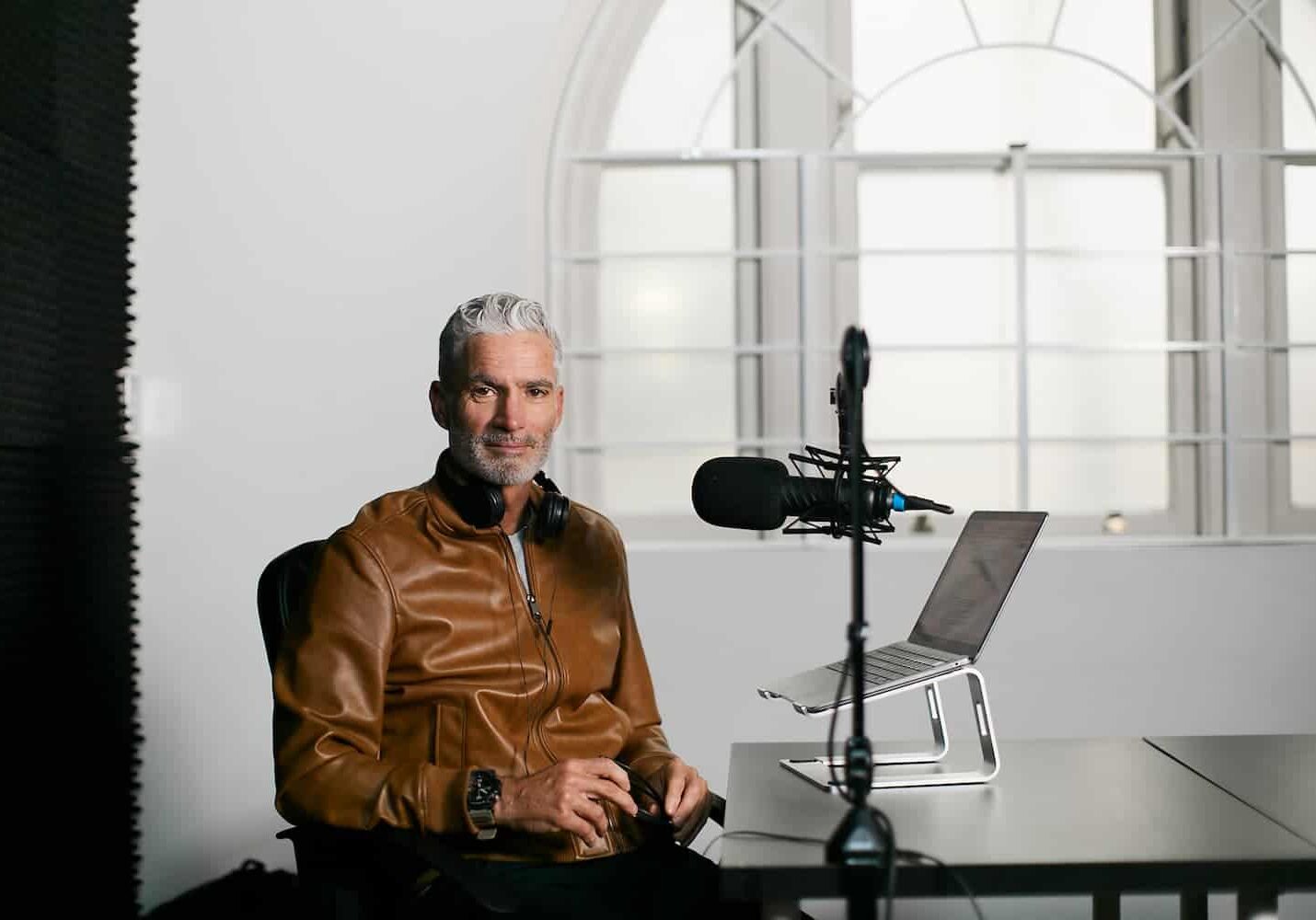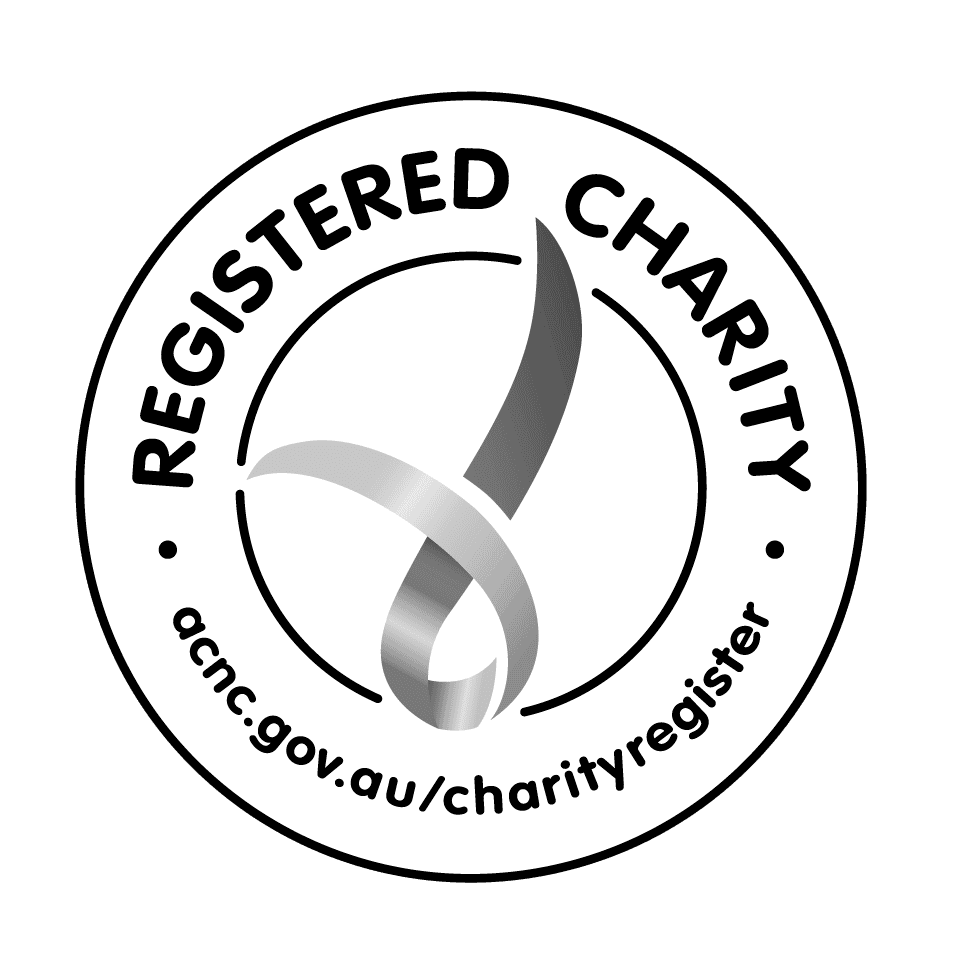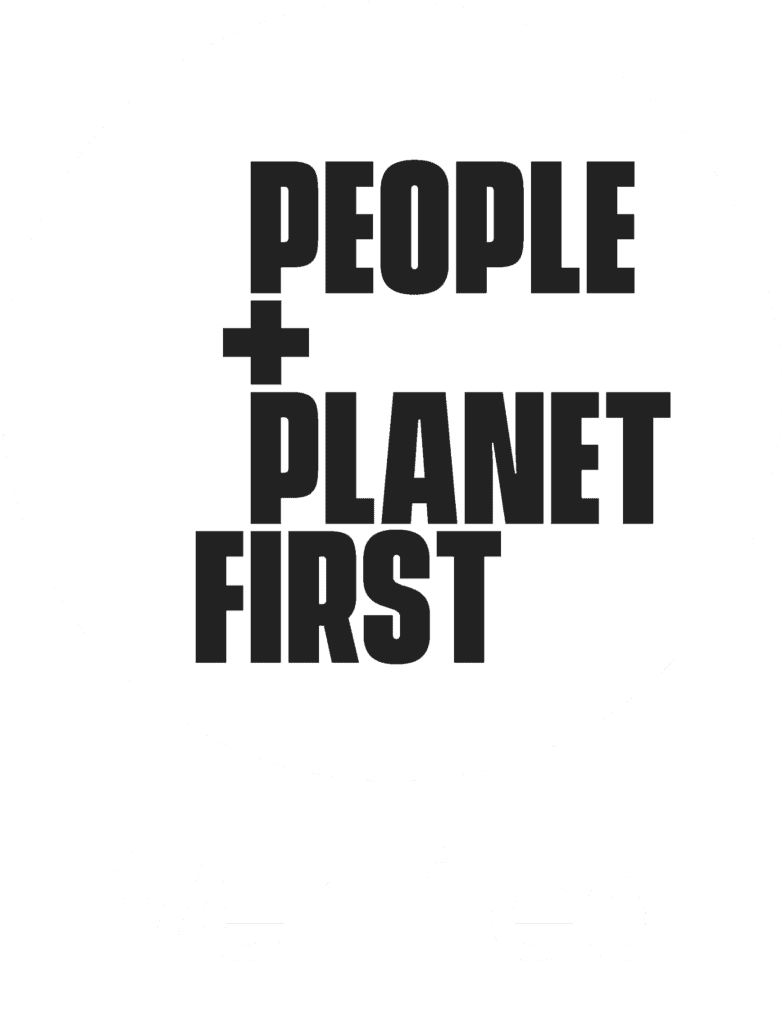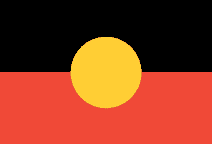Footballer. Commentator. Human rights activist. Podcast host.
Craig Foster is a rare find – a famed sportsman who uses his profile and platform to pull for people invisible to most Australians. From his longstanding support for the rights of football players and his advocacy for detained Bahraini footballer Hakeem al-Araibi, to his vocal criticisms of Australia’s refugee detention regime, Craig’s belief in the ‘fair go’ is evident in everything he does.
As host of the new Jobsbank podcast, Getting it Right, Craig continues to champion the importance of creating opportunity through systemic change. Jobsbank sat down with him to discuss why fairness in recruitment should be at the forefront of good employment policy.
What drew you to the project?
The element of social justice and elevating those issues for many vulnerable communities across Australia which we don’t often hear about, particularly during COVID. In the last few years I’ve volunteered out of a small community centre in Marrickville by the name of Addison Road, which is intimately connected with a whole range of communities, from Indigenous communities in Redfern, to organisations looking after formerly incarcerated youth, to Muslim women’s associations, disabled groups and many others.
So, seeing the need and seeing the inequality there, when the project with Jobsbank came up, talking about employment opportunities for some of those some of the disadvantaged or vulnerable or minority groups, it was a great chance to bring some of these issues to light.
Why do you think it’s important to change the way we think about recruitment?
Because people get their personal dignity, much of their self-worth, their sense of future, their dreams, their current well-being, not just from their employment but, as we keep hearing through the podcast, through their career. Society thinks about these kinds of jobs by picturing menial tasks done by minority and disadvantaged groups – but we need to think more about equality and providing meaningful careers.
If everyone just considered how much of their own personal well-being is based off the work they do, the colleagues that they work with, and action they perform – whether it’s creative tasks or project management or whatever the case is – we’d see that everyone is the same and deserves the same opportunities. Lifting up minority voices and letting them tell their stories is always the most important way to educate the rest of us.
Are there any employment stories that resonate with you from your human rights work?
At Addison Road we have a facility that provides training and work that provides training and work for refugees and asylum seekers, and it’s providing just the most basic level of human dignity to people that they provide for themselves, provide for their families, have some hope for the future, start to plan, better educate themselves. All these things that the remainder of us take for granted.
And we see the profound and positive impact this has on people when they’re able to engage with others, work within a communal setting, feel as though they’re learning, and evolving and developing. That’s a very fundamental human desire.
The podcast talks about good policy and good design as integral to changing the way we recruit. One example of a challenging policy is the way that refugees are hamstrung by the constraints set up around their refugee status. What would a powerful reason be to overturn that policy?
Simple equality. If Australia considered itself to be an egalitarian nation and society in which everyone should have the best of opportunities, then vulnerable or minority groups have to be at the forefront of that. The problem for disadvantaged groups is that they lack a voice, and people can’t fight for or advocate for policy changes in places which lack visibility. The most powerful thing about the Jobsbank podcast and any coverage of minority sectors is that it brings the issues to the attention of the general public, politicians, and helps them understand why change is required.
How does employment integrate with your understanding of human rights?
The right to meaningful work and to be included in social structures, to not be left out, is a very basic human right. As society does not see or acknowledge disabled people, they do not create employment frameworks for them to be actively and meaningfully involved, or Indigenous people, or formerly incarcerated people – all these groups have a right to be considered with the same level of inclusion as the rest of us.
In a society like Australia no one should be left out, no one should be forgotten, everyone should be able to have their case heard, and being meaningfully involved and being able to create a life that is worthwhile should be an aspiration not just for all Australians, but for all of us to aspire to for other Australians.
Which of the stories in the podcast have resonated with you and why?
They’ve all been really powerful. We’ve talked about Indigenous employment, which is vitally important, and which is taking pretty significant steps in Australia now thankfully.
We had some very powerful examples of integrating physically and intellectually disabled workers into processes of design, but perhaps the one that resonated deeply with me was the story about formerly incarcerated Australians seeking work. There’s such stigma attached to criminality, with no consideration of circumstances or time spent incarcerated. There’s a lack of focus on rehabilitation rather than deterrence but there are some marvellous education programs currently underway inside Australian prisons, which are lowering recidivism from around 50% to somewhere around 4%, which is extraordinary. It proves that providing everyone with basic dignity and opportunity and training to better themselves is something that a society should always aim for.
What is the key to getting employers to support societal change through social procurement?
What’s become clear from the podcast is that there is marvellous work being done in social enterprises and NGOs, and what we need is for both sides need to come together – social justice spaces need to tell their story better, and business needs to be involved in that conversation at a much earlier point in the development of new concepts, new products, and processes. What we’ve seen is that starting those conversations very early has allowed minority groups and industry to co-create new ways of working, new supply chains, and extraordinary new developments that are contributing not only to Australian GDP but to social betterment.
If you could say one thing to employers around Australia about inclusive hiring, what would it be?
I would say that it’s in your and our interests. It’s in your interest because, as this podcast has shown, is that collaboration with social enterprises and through the Social Procurement Framework, very often leads to better thinking, different thinking, new outcomes, and an improved bottom line along with social outcomes that are good not just for the organisation but for society.





